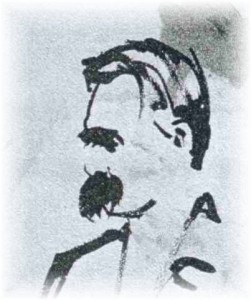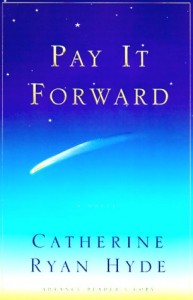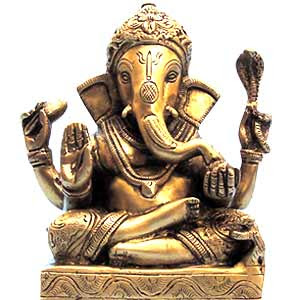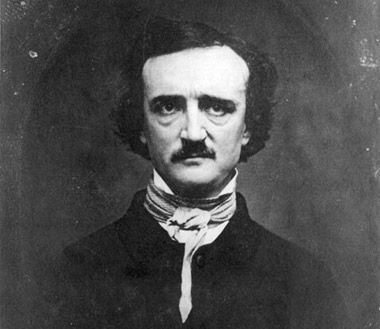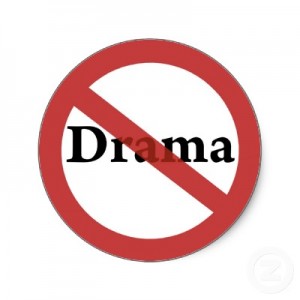Step 3 – Made a decision to turn our will and our lives over to a power greater than ourselves
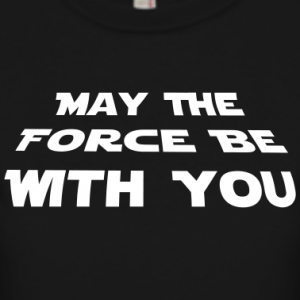 So if the third step is about turning our will and our lives over to something greater than ourselves, oh, bubba, there are about a million and five things greater than us. For me, it was not only a higher power, divine, sort of presence–the Force, if you will–but it was also my critique group, writers’ conferences, the whole process of writing and getting published. I had to admit that I couldn’t do it, other people could, and I would have to take direction. I would accept help.
So if the third step is about turning our will and our lives over to something greater than ourselves, oh, bubba, there are about a million and five things greater than us. For me, it was not only a higher power, divine, sort of presence–the Force, if you will–but it was also my critique group, writers’ conferences, the whole process of writing and getting published. I had to admit that I couldn’t do it, other people could, and I would have to take direction. I would accept help.
Oh, how I love the Clint Eastwood-man-in-the-wilderness-hardcore-stoic-poet-warrior ideal. The man with no name, facing the banditos alone, with nothing but his courage and his six-guns. Dagny Taggart single-handedly saving her railroad from the looters. Yeah, I could go on.
I’m not that. Most of the time I’m a frightened little man living a frightened little life, and yet, I overcome crippling fear every single day. Every single day I am given the gift to live courageously.
Because if I surrender to a power greater than myself, then I don’t have to be in charge. I can do the next, simple thing. Simple things I can do, generally, but if I have to run the universe, well, I get overwhelmed.
In some recovery circles, the third step is boiled down to committing to finish the rest of the steps. That makes sense to me. When I try and figure out what God wants me to be, what He wants me to do (capital H), what kind of cereal I should eat, I freeze up. Does God want me to eat Captain Crunch? What about the high fructose corn syrup? Are there trans fats? Okay, what about an egg for breakfast? Probably factory farmed. And the cholesterol. Yeah, there’s that to consider. Okay, what about toast? White or wheat? Rye? Okay, I’ll have an apple. Hurray, I have done God’s will for me. Nothing wrong with an apple. Is it organic?
 So trying to figure out God’s will is a rough one. Some people keep it easy. Just do the next, right thing. Just the next one. Okay, breakfast. Just eat a breakfast. Better to eat than not eat. It is the most important meal of the day, doncha’ know. Okay, breakfast. Should I go smoke crack now? Prolly not. How about taking a shower and going to work? Yeah, probably. Let’s do that.
So trying to figure out God’s will is a rough one. Some people keep it easy. Just do the next, right thing. Just the next one. Okay, breakfast. Just eat a breakfast. Better to eat than not eat. It is the most important meal of the day, doncha’ know. Okay, breakfast. Should I go smoke crack now? Prolly not. How about taking a shower and going to work? Yeah, probably. Let’s do that.
With my writing life, that can be a powerful tool to use. I’m generally working on about a thousand projects on any given day. That can freeze me. And I have the marketing to do. And my social media. And decisions about how to present myself. And there’s that short story that’s been nagging at me. And I have to write my million-word epic literary fantasy about the penguin army fighting through a mongoose colony. Yeah, that. I should work on that today. But what about my current project? What about my edits to the novel with my publisher? Ugh. Don’t want to do that.
So half of the things I’m terrified to do. The other half I don’t want to do. And the other half…oops, ran out of halfs. Drat. Well, the other non-existent half is the stuff I love to do. So I have to take it easy, one step at a time, the next right thing. My Watership Down with mongooses and penguins is important, but first, my current work in progress that needs to be finished. And next, the little marketing I do everyday. And slowly, I work through my writing day.
How horrible it is to have too much to do and to freeze. It doesn’t help. Some would say breaks are important. I can’t. Every day I don’t write or work on my writing is a day I’m not living the dream. I don’t want to miss out. Better to do anything with my writing than to miss a day. It’s the life of a monk, of an aesthete, or a madman.
But it’s the dream. Gotta live the dream today.


